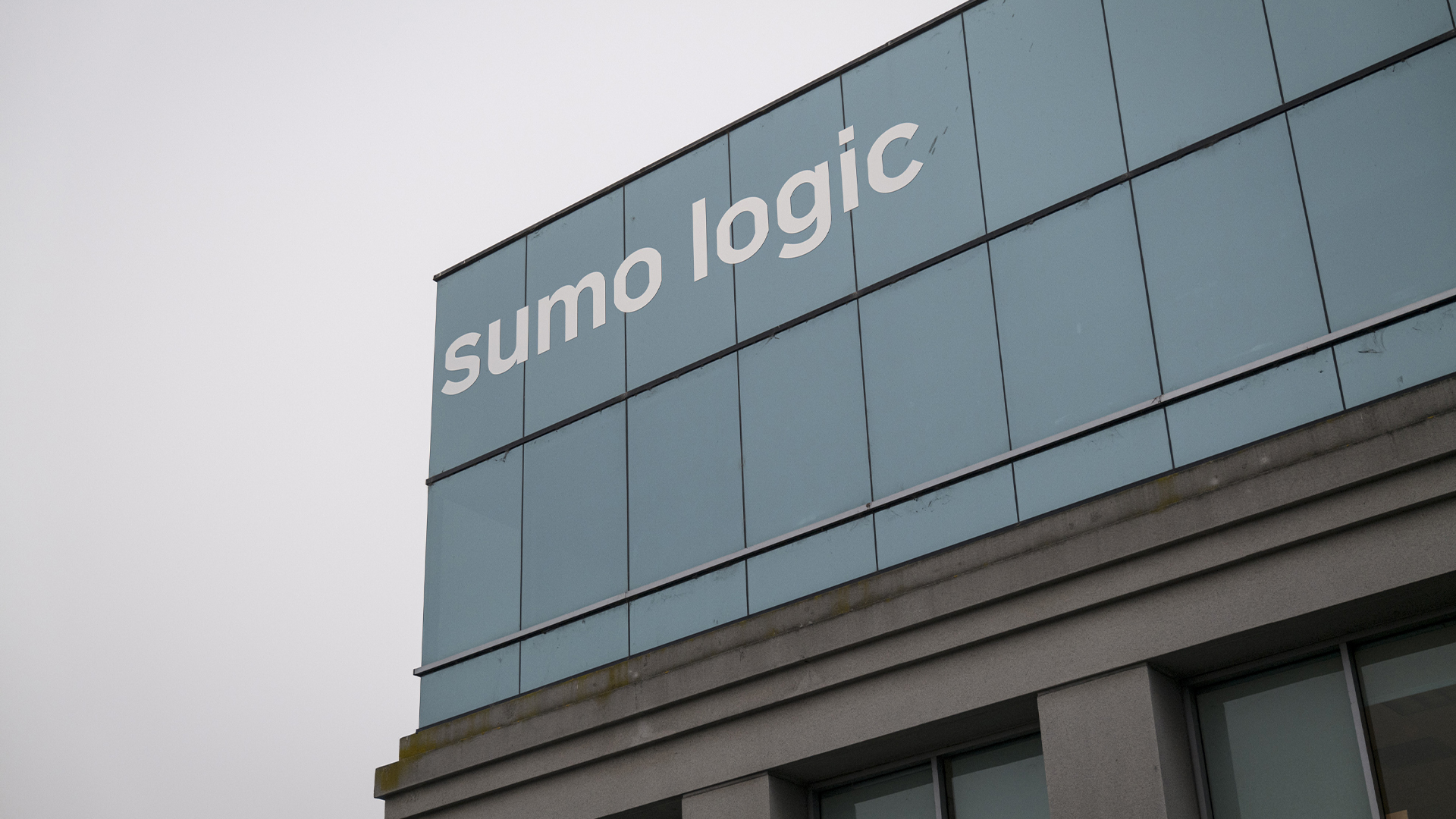Amazon turns to robot workers to bolster Black Friday employees
Amazon drops its number of holiday employees for the first time in history as it begins to rely on automation

Sign up today and you will receive a free copy of our Future Focus 2025 report - the leading guidance on AI, cybersecurity and other IT challenges as per 700+ senior executives
You are now subscribed
Your newsletter sign-up was successful
Naysayers worried about robot workers replacing jobs in companies like Amazon may actually be right.
As per usual, Amazon is hiring extra staff for the holiday period to handle increased demand from Black Friday and Christmas sales. These jobs are predominantly in Amazon's warehouses, given the dystopian name "fulfillment centres". However, even though Amazon is hiring 100,000 temporary workers, this is down from the 120,000 workers hired for the 2017 and 2016 holiday periods, and equal to those hired in 2015 before the online sales season really took off.
This reduction marks the first time in Amazon's history that it has scaled down its holiday hiring numbers. Many have pointed to the company's growing reliance on automated workers as the reason for this.
In 2012 Amazon bought Kiva Systems, a USA-based robotics company. Kiva Systems' robots process the sorting, packing and shipping of Amazon packages at least four times faster than a human could and were rolled out to Amazon warehouses in 2014. Analysts predicted Kiva Systems robots save Amazon as much as $2.5 billion (2bn) compared to paying wages to human workers.
This reliance on non-human workers may sound like a good thing due to Amazon's track record of mistreating its staff, from making drivers work illegal hours to forcing warehouse workers to walk over 10 miles each day. Most recently, Amazon's factories in China have been under investigation for mistreating workers.
However, many large companies have been trending towards automating as many processes as possible. Supermarket chain Walmart has added robots to the aisles of some of its US stores and Apple supplier FoxConn laid off human workers in favour of automated processes.
Amazon denies any possibility of human layoffs, with a spokesperson referencing the number of full-time jobs the company is constantly creating. Last month Amazon revealed it would be bringing 1,000 new jobs to various UK centres, including Edinburgh and Cambridge. However, an increase of 1,000 jobs does little to mitigate the potential massive job loss automated labour will present.
Sign up today and you will receive a free copy of our Future Focus 2025 report - the leading guidance on AI, cybersecurity and other IT challenges as per 700+ senior executives
It remains to be seen if this trend towards robot workers will pose a large problem to warehouse workers for companies like Amazon, or if it will simply be limited to seasonal work.
-
 Sumo Logic expands European footprint with AWS Sovereign Cloud deal
Sumo Logic expands European footprint with AWS Sovereign Cloud dealNews The vendor is extending its AI-powered security platform to the AWS European Sovereign Cloud and Swiss Data Center
-
 Going all-in on digital sovereignty
Going all-in on digital sovereigntyITPro Podcast Geopolitical uncertainty is intensifying public and private sector focus on true sovereign workloads
-
 IDC: The business value of IBM Maximo
IDC: The business value of IBM MaximoWhitepaper Integral to the transformation of asset management
-
 UK firms are pouring money into AI, but they won’t see a return on investment unless they address these key issues
UK firms are pouring money into AI, but they won’t see a return on investment unless they address these key issuesNews An SAP report projects increased AI investment, but cautions that too many organizations are taking a fragmented approach
-
 Intel makes high-level hires while factory workers are warned of layoffs
Intel makes high-level hires while factory workers are warned of layoffsNews The company is appointing four senior executives as part of efforts to refocus on engineering and customer relationships
-
 UiPath names Simon Pettit as new AVP for UK and Ireland
UiPath names Simon Pettit as new AVP for UK and IrelandNews The seasoned leader will spearhead region-specific transformation projects as UiPath looks to drive operational growth and customer engagement
-
 How to empower employees to accelerate emissions reduction
How to empower employees to accelerate emissions reductionin depth With ICT accounting for as much as 3% of global carbon emissions, the same as aviation, the industry needs to increase emissions reduction
-
 Worldwide IT spending to grow 4.3% in 2023, with no significant AI impact
Worldwide IT spending to grow 4.3% in 2023, with no significant AI impactNews Spending patterns have changed as companies take an inward focus
-
 Report: Female tech workers disproportionately affected by industry layoffs
Report: Female tech workers disproportionately affected by industry layoffsNews Layoffs continue to strike companies throughout the tech industry, with data showing females in both the UK and US are bearing the brunt of them more so than males
-
 How can small businesses cope with inflation?
How can small businesses cope with inflation?Tutorial With high inflation increasing the cost of doing business, how can small businesses weather the storm?